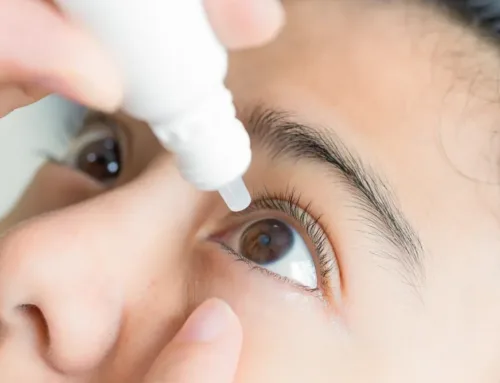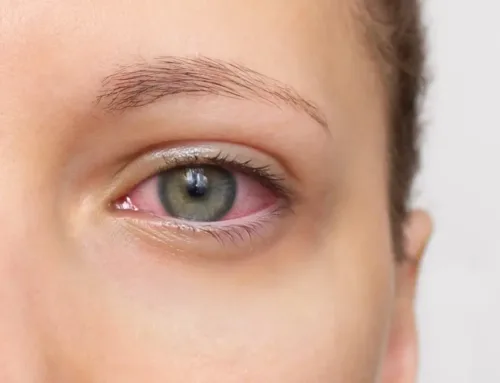Wondering what causes your eyes to twitch involuntary? In most cases, the twitching only affects the upper eyelid, which you can’t stop. The eyelid movement generally lasts for seconds. According to experts, eye twitching is usually caused by stress, fatigue and caffeine consumption. Tobacco use and sleep deprivation can also result in this condition.
Eye twitching is generally harmless and is not known to contribute to any long-term damage to the eyes. It usually goes away on its own. However, in severe cases, it causes the eyelids to completely shut, which can be very dangerous if the person is driving when the twitching occurs.
Experts added that eye twitching can be an underlying symptom of a more serious eye condition such as dry eye syndrome, sensitivity to light, pinkeye syndrome and blepharitis. In rare instances, eye twitching is seen in patients diagnosed with nerve damage or a brain disorder.
Eye twitching may be seen in patients with Parkinson’s disease, Tourette’s syndrome, dystonia and Bell’s palsy. Medications for epilepsy and psychosis can also trigger this involuntary eye movement. Minor twitching can cause irritation of the cornea or conjunctiva. Known as benign essential blepharospasm, this condition occurs during mid- to late-adulthood. Women are more predisposed to this condition than men.
On the other hand, nonstop blinking can contribute to facial spasms. In severe cases, the spasms can cause the eyes to completely close shut. Persistent twitching may also result when a facial nerve is pressed.











